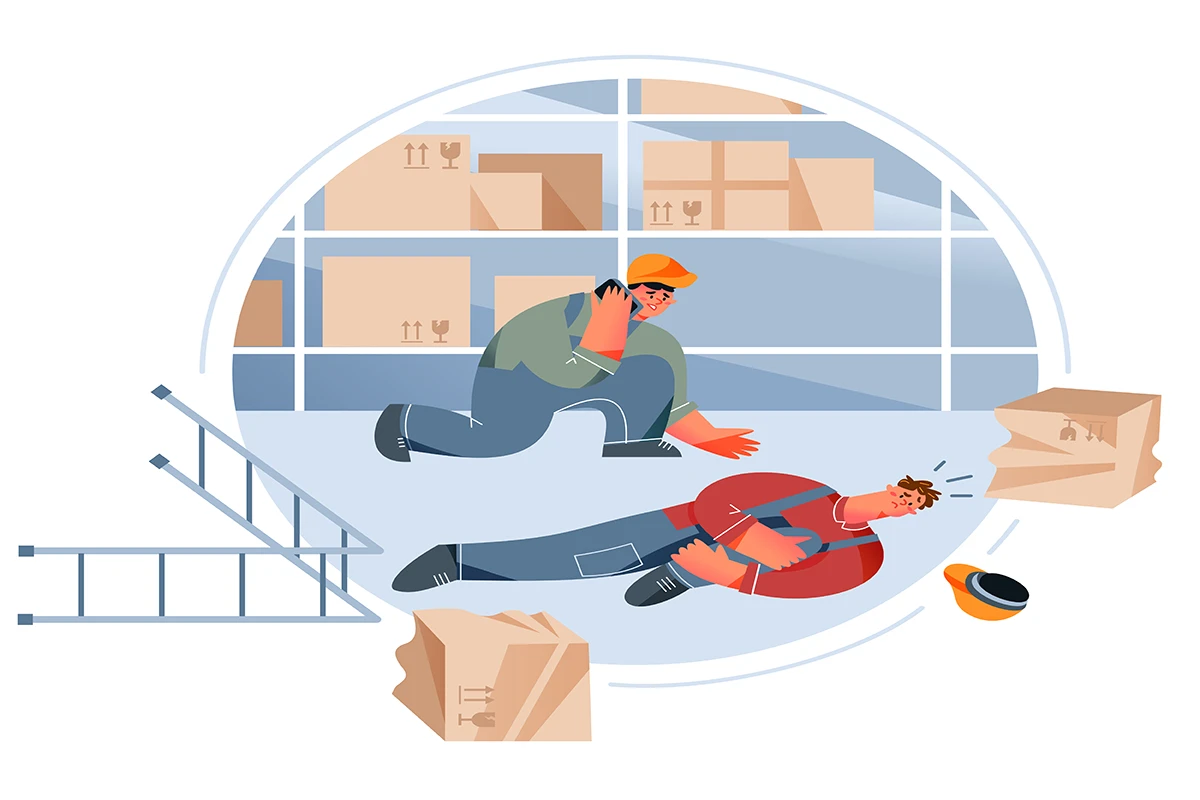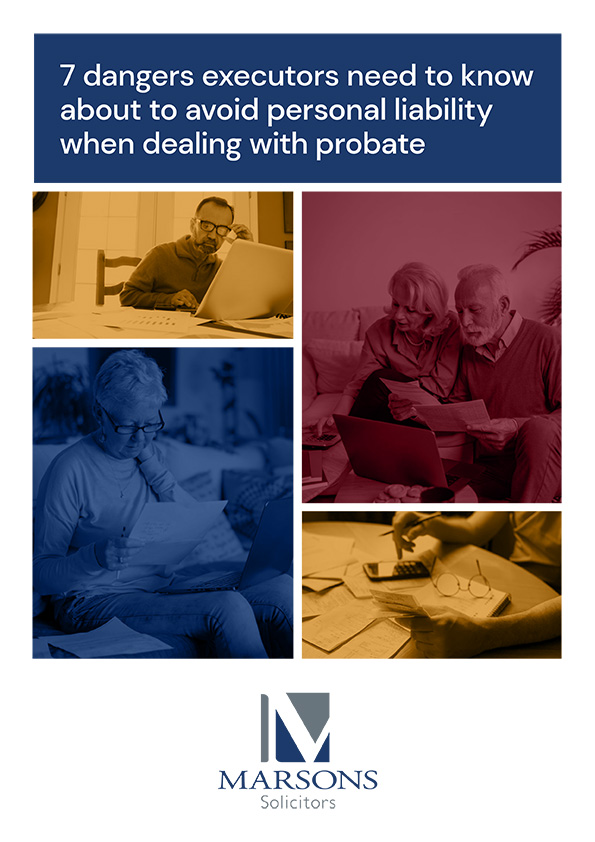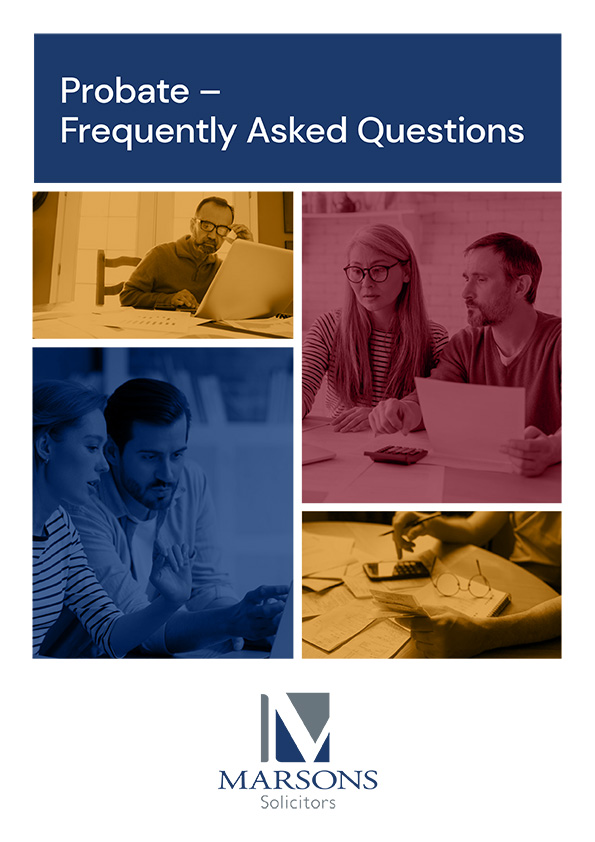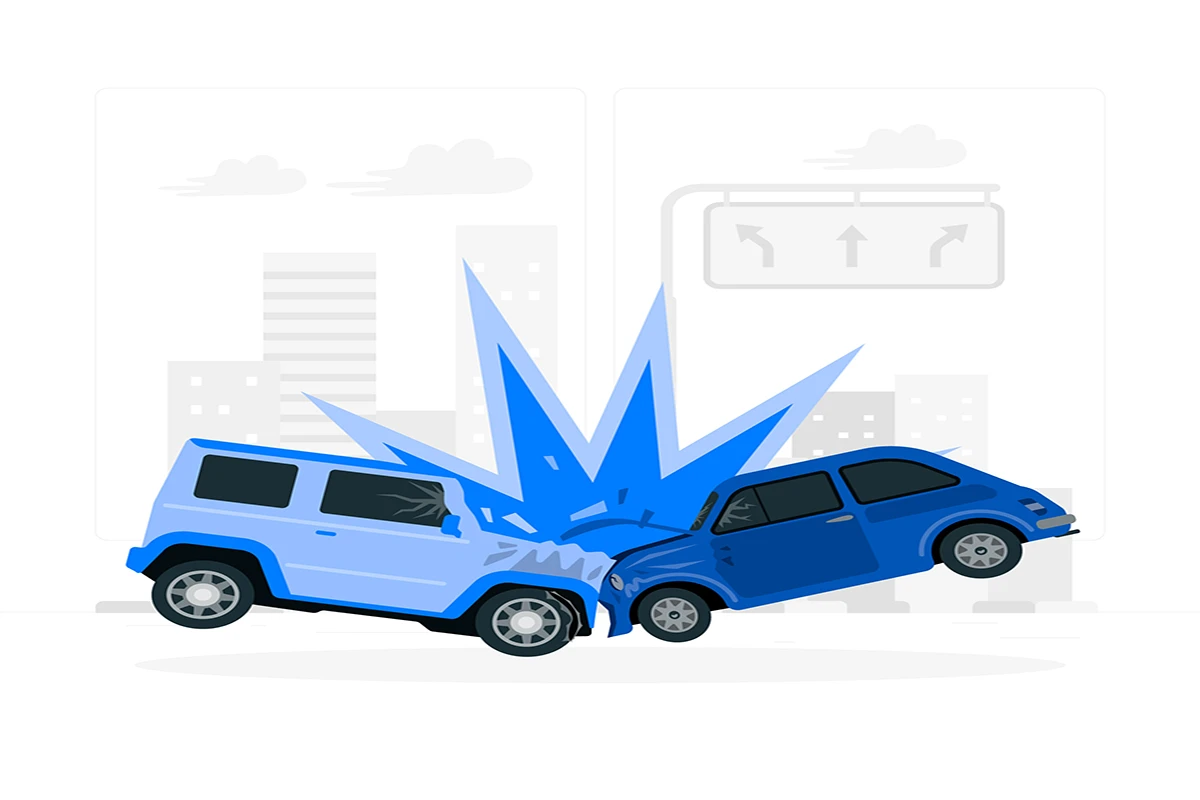Maximise Compensation For Your Work Injury Claim

Having an accident which wasn’t your fault doesn’t always mean you will get the compensation you deserve. It’s important you can prove your case and ensure you don’t make mistakes which could make it more difficult to recover what you’ve lost. This guide sets out the 7 most important things you need to be aware of to get the best possible compensation.
1. Preserve the evidence
The single most important thing you can do is preserve evidence from the start, so:
Take photographs of the scene showing what caused the accident. This could be what you were lifting, what you tripped on, where you fell from, where the damage is – your photos need to help tell the story of what happened.
Get contact details of any witnesses – if anyone saw the accident happen, we need to talk to them as soon as possible. They may only have seen the aftermath, but they could be helpful to your case nonetheless.
Report the accident and explain what happened carefully – fill in your employer’s Accident Book; if the accident happened on someone else’s premises, ask to put details in their Accident Book too and write down the names (and, if possible, the phone numbers) of any witnesses. If there is no one around, look for a sign telling you who owns the premises and then report it to them as soon as possible.
Most importantly, make sure you explain the accident accurately; don’t sign a report or statement without checking that it correctly sets out the details of how the accident happened. Any inaccuracies may be held against you later.
2. Record your injuries
See your GP or go to A&E – make sure you explain carefully to the doctor or nurse exactly how it happened so that they record it correctly in your notes.
Go back to your doctor if you aren’t getting better – insurers often argue your injuries can’t be serious if you didn’t re-visit the doctor.
Take photos of any visible injuries – your phone will record the date the photos were taken, and this can help to corroborate facts later. It’s a good idea to take more photos as bruises and wounds heal so we can show how long it took for your injuries to improve.
Keep a list or a diary of your symptoms – be sure to include your expenses and any time off work, so you don’t forget to claim for them. Keeping receipts, invoices and payslips is also helpful. Without receipts, we may not be able to prove the financial implications of your injury.
3. Follow your doctor’s advice
Take any treatment your doctor prescribes. You will have to be seen to be acting reasonably to make yourself better. Again, if you don’t have treatment, it’s more difficult to prove the seriousness of your injury.
For the same reason, if you’re given painkillers, take them. The aim is to recover as quickly as possible.
4. Minimise your losses
This one is very important. You have a duty to take reasonable steps to keep your losses to a minimum. The other side doesn't have to pay for any losses you could have avoided. Also, there’s no guarantee you will win your case, so it’s always best to keep costs to a minimum where possible. Early legal advice will help you understand what you can claim for and what evidence to keep.
If you’re feeling better and your doctor agrees, go back to work. This can be on light duties, or a phased return if necessary. If you do end up winning, it could still be quite a long time before you receive your compensation, so it would be beneficial to keep earning money, whether your case is still being processed or if you’re waiting for your compensation to come through.
When you do go back to work, make sure you keep a record of any problems you have doing your job and ask your employer for help if you can’t manage physically demanding tasks. If you feel your work is causing further damage, go back to your doctor for advice.
5. Above all, stick to the truth
This is probably the single most important piece of advice we can give you. Don’t be tempted to embellish your story of how the accident happened or how bad your injuries are. If the judge feels you have been dishonest, you could lose your claim, leaving you having to pay your own solicitors' fees on top of any other expenses which came as a result of the injury.
6. Stay off social media
An injury claim should be kept private for a number of reasons.
Any posts showing you performing physical leisure activities, like playing sport, could be used against you. Some seriously injured Claimants have lost their cases because of this.
Don’t upload your activity tracker data for anyone to see how far you can run, walk or cycle. This shows how easy it is to make these mistakes, which is why we recommend a total digital detox, to eliminate any risk of ruining the credibility of your case.
7. Choose your lawyers carefully
There are many ways to find someone to handle your claim for you. Ignore any cold callers claiming to know about your injury; they often don’t know and are simply calling numbers in the hope of finding someone who is making a claim. If you let them take you on, they will either try to run your claim themselves or they will sell it to a solicitor. Solicitors are not allowed to cold call or to accept cases from someone who does.
You need a solicitor who will put your interests first, with years of experience and expertise. Our team at Marsons Solicitors have handled countless personal injury claims and always act in your best interest - not just for a quick payout.
If you’ve been injured and need support, visit our Personal Injury Services page to find out more, or contact us to speak to a member of the team today.
Contact us today to arrange a no-obligation discussion with one of our experienced solicitors. You can also follow us on Facebook, Instagram, LinkedIn and X to stay up to date with helpful legal tips and news.
Resources
7 Dangers Executors Need to Know










